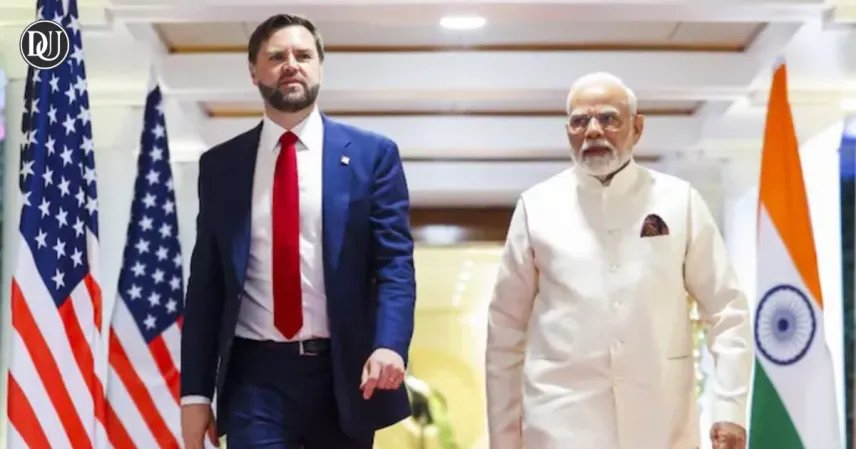Just when the summer was beginning to warm the valleys of Kashmir, a horrifying event shattered the stillness. In Pahalgam, a place known for its scenic beauty and spiritual calm, 26 innocent lives were lost in a heartless act of terror. Families were torn apart. Children became orphans. Mothers wept inconsolably. It wasn’t just an attack—it was a wound on the soul of a nation.
The pain didn’t stay confined to that town. It spread across the country, igniting grief, outrage, and a deep sense of betrayal. And as India mourned, it also prepared—for justice, for security, and for a message that could not be ignored.
A War Nobody Wanted, But Everyone Feared
Within hours, tensions with Pakistan escalated. Drones buzzed across the skies, missiles were locked in, and defense systems were on high alert. Airbases lit up with activity. Fighter jets roared through the air. It wasn’t war, not quite—but it felt dangerously close.
In living rooms across the country, people were glued to their screens. Parents whispered worriedly, shielding their children from the news. Social media filled with prayers, opinions, and rising fear. Nobody wanted another war. But at the same time, no one wanted to appear weak in the face of terror either.
The Phone Call That Could Change Everything
As pressure mounted, the international community stepped in. In a significant moment, a call came from Washington. The message was urgent—stop, step back, talk. On that call, Prime Minister Modi was firm. He listened, but he didn’t flinch.
“If they attack,” he said, “we will hit back harder.”
It wasn’t a statement of pride. It was a statement of pain—a leader trying to protect his people, his land, and his promise to never let terror go unanswered. But behind those strong words was a man burdened with the weight of millions of hearts hoping for peace.
A Ceasefire Wrapped in Doubt
Soon after, a ceasefire was announced. For a brief moment, hope fluttered. Maybe things would cool down. Maybe talks would follow. Maybe the pain would begin to heal.
But hope can be fragile. Just hours later, tensions spiked again. Accusations flew back and forth. More drones crossed borders. The silence that had barely returned was shattered again.
It became clear—this wasn’t peace. This was a pause. A very tense, very temporary pause.
What About the People?
Lost in the noise of missiles and military statements were the real stories—the people. Villagers near the border, who slept in underground shelters. Farmers who left their fields unattended because it was too dangerous to step outside. Children who asked, “Will there be war again, Papa?”
These are not just numbers or news clips. These are human beings living on a razor’s edge of fear. Their entire world can change with a single sound—a siren, a blast, a bullet.
We often speak of patriotism in big, loud words. But for these people, patriotism means living bravely in silence, carrying on despite the dread.
The Need for Something Deeper
This isn’t the first time India and Pakistan have reached this boiling point. The stories are old, repeated, and painful. But each time, we hope—hope that this will be the last.
Real peace doesn’t come from treaties or phone calls. It comes from understanding, from confronting hard truths, and from leaders on both sides choosing the path of courage over the path of destruction.
It comes when the dreams of children become more powerful than the memories of war.
We Move Forward—But With Open Eyes
As of now, the missiles have stopped. The skies are quieter. But the hearts are still heavy.
The path ahead is uncertain, but one thing is clear: India will not forget Pahalgam. It will not forget its people, its pain, or its promises. But neither does it want more mothers to bury their sons. Neither does it want its youth to grow up learning only the language of conflict.
This moment—this terrifying, trembling moment—can still be a turning point. If chosen wisely.
In the end, every nation wants dignity. Every family wants safety. And every heart wants peace.
Let’s hope this time, those wants finally find their way into reality.










